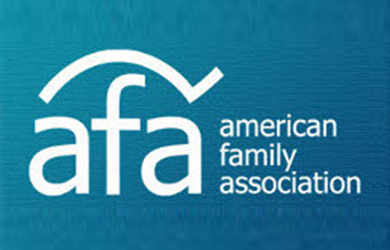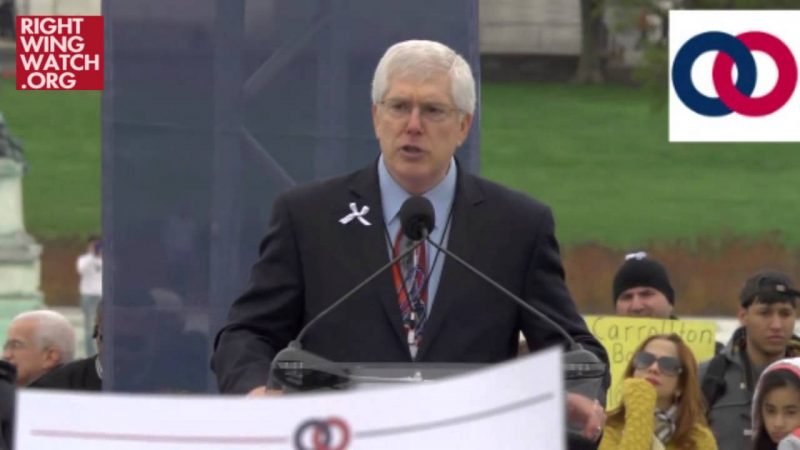Liberty Counsel’s Mat Staver recently appeared on Janet Parshall’s radio show to promote his claim that the health care reform law is unconstitutional and an immense “setback to religious liberty.” While representing Liberty University, Staver sued over the health care law’s individual mandate in 2010, but the Supreme Court ruled in June that the mandate was constitutional. Over the summer, Liberty asked the Supreme Court to reconsider its arguments against the employer mandate and the contraceptive coverage mandate, which it said were not addressed by the court’s ruling. The court agreed to the request and told the 4th Circuit to hear arguments on the two pieces.
While speaking to Parshall, Staver fueled the myth that Obamacare is “a frontal assault to religious freedom” and that employers and individuals are “being forced to fund abortion.” Staver drew no difference between abortion and contraceptives in his assertions, and echoed the misconceptions of many Religious Right groups and conservative politicians who argue that the mandate compels religious individuals pay for abortion coverage.
But no part of Obamacare actually coerces anyone to fund abortion coverage. Women who choose health plans that do cover abortion must pay a separate premium out of their own pockets. Because insurers must assess a $1 per month surcharge on all enrollees in the plan to take into account the cost savings of abortion, anti-choice activists are complaining that this constitutes taxpayer funding for abortion.
Although a conscience clause was added allowing churches who object to birth control to be exempt from the requirement, many religious leaders argue that this exemption is not wide enough.
Precedents have already been set that counter Staver’s claims, as several judges have ruled that Obamacare does not violate the religious freedom of employers that do not want to cover contraceptives. A pivotal Supreme Court opinion previously established that a law that applies uniformly to the faithful and the non-faithful alike does not violate the First Amendment. Though individuals are still free to exercise their religion by abstaining from using contraceptives, Staver contends that the law is “[telling] you what to believe [and] how to practice.”
Staver: This is something that’s either or. Either we follow our religious conviction that life is sacred and it begins in the womb, and disobey Obamacare and pay the penalties for it, or we obey Obamacare and disobey our religious convictions and conscious. There is no in between. It is a frontal assault to religious freedom unprecedented in its scope since the founding of its country. So this I think is a very strong argument as we go back to the high court, and in addition to the free exercise for Liberty University and other religious employers, we have the free exercise claim for all individuals. Because in addition to being forced to fund abortion from an employer’s perspective, individuals are also forced to have a fee assessed which goes to funding abortion.
…
Parshall: If they say, you know what, too bad government has the right here, religious liberty, that’s nice, not now, not here, what would be the impact of religious liberty, far beyond the boundaries of Liberty University’s campus, what would it mean for the church capital C universal as well?
Staver: Oh it would be huge in terms of its setback to religious liberty because this is a classic conflict. A lot of times you have laws that, you know maybe an irritant, you know for example you might want to use a library for a room that’s a common meeting and you might want to have prayers and somebody says no you can’t do that because its religious speech. Well sort of another free speech issue the question is, is this a free religion exercise? It may be, but you know the argument would be well, you can still practice your religion, we’re not telling you what to believe, what to practice, but this here tells you what to believe, it tells you how to practice, it is a core component of your belief. So, if we were to lose on this issue, wow, I mean the implications of that would be huge, it would mean that the government, for the first time in history, is able to pass a law that directly conflicts with a religious belief.







